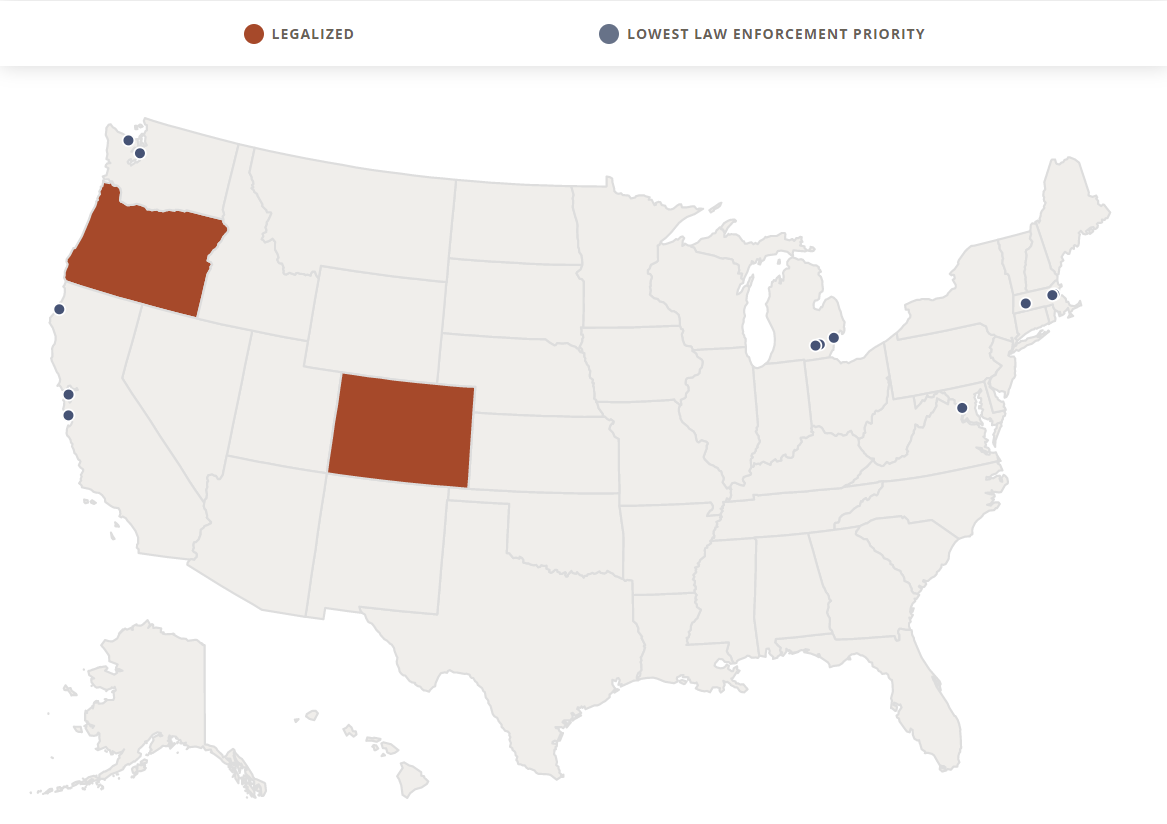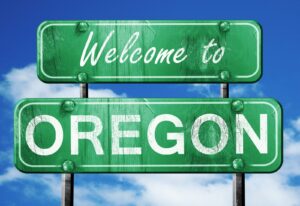On January 6, lawmakers filed a Washington psilocybin legalization bill, SB 5660, the Washington Psilocybin Services Wellness and Opportunity Act. Two attorneys in our law firm’s psychedelics practice, Mason Marks and John Rapp, helped craft this vanguard bill (Mason’s write-up is here). In the event legalization of psilocybin occurs in Washington, this post covers what you need to know on the business and regulatory front.
Department of Health Will Implement the Psilocybin Legalization Bill
The Department will implement the psilocybin legalization bill. It has a ramp-up period from July 1, 2022 to by January 1, 2024. During that time, the Department will engage in stakeholder outreach and rulemaking to create a regulatory framework around the licensing program. Similar to Oregon’s Measure 109, the law establishes an advisory board to provide advice, and guidance to the Department around psilocybin legalization.
Licensing and Regulation
The Department will oversee and regulate the manufacturing, transportation, delivery, sale, and purchase of psilocybin products to clients 21 and up. The state will also regulate the provision of psilocybin services to clients. It is important to note that these services are not medical diagnosis or treatment.
On January 1, 2024, the Department would accept license applications for:
- Manufacturing psilocybin products;
- Operating a psilocybin service center;
- Facilitating psilocybin services; and
- Testing psilocybin products.
Before that, regulators would be required to create rules around actual psilocybin services, which include:
- Standards for education and training for licensees to do preparation, administration and integration sessions at psilocybin service centers;
- Client education and consent to various risks of administration;
- Monitoring clients during a session;
- Safety of clients; and
- A professional code of conduct for licensees.
The state will use the Liquor and Cannabis Board’s track and trace system to monitor the movement and sale of psilocybin products. Such products may only be transferred between licensees (i.e., from manufacturer to a service center). Further, a service center can only sell psilocybin products to clients at the actual licensed premises, which means no delivery– although consumption may be occur in someone’s home if exceptions are met.
View the US Map of Psilocybin Legality by State
Regulators will further engage in rulemaking around testing, packaging and labeling, quality assurance, product concentration limits, and licensee discipline for rule violations.
Regarding psilocybin service centers, they would not be treated as health care centers under Washington State law. The bill also contains property and setback requirements for these centers– they cannot be located in areas zoned exclusively for residential use in incorporated cities, and they generally have to be at least 1,000 feet from schools. Local governments may also ban or regulate licensees within their borders.
License Applicants
All license applicants (and their employees) would have to be at least 21 years of age. Several restrictions exist regarding who can own a license. For example, the Department could deny a license if the applicant did not complete all educational and training requirements. It could also deny an applicant “. . . in the habit of using alcoholic beverages, habit-forming drugs, or controlled substances to excess, impairing [your] fitness to safely perform [your] duties . . .” as a licensee. The Department is also free to background check license applicants.
Licenses would not be transferable, but licensees would be free to re-locate them from premises to premises. A premises would need boundaries and could not be mobile. The premises would also need to be located within a local government’s permitted zoning and the Department would require a land use compatibility statement for a license to issue.
Business Restrictions
As in Oregon, an individual could not have a financial interest in more than one psilocybin product manufacturer or more than five psilocybin service center operators. However, vertical integration would be permitted and anyone could hold multiple facilitator licenses.
The bill also contains a residency requirement for manufacturers, service centers, and facilitators. If the license applicant is a business entity, it would need to provide proof that more than 50% of the ownership interests are held, “directly or indirectly” by Washington State residents of no less than two years. And if the applicant were an individual, the two-year residency requirement would apply. This requirement expires in 2026.
Social Opportunity Program
The bill includes a social opportunity program. The program is designed to address the harms of the war on drugs and provide social opportunity applicants with easy licensing access in order to establish a psilocybin business.
Harris Sliwoski is immensely proud to have participated in the drafting of this monumental bill. We have high hopes that it will actually pass this year, making Washington the first state to legalize psilocybin through the legislature. So, stay tuned!


























